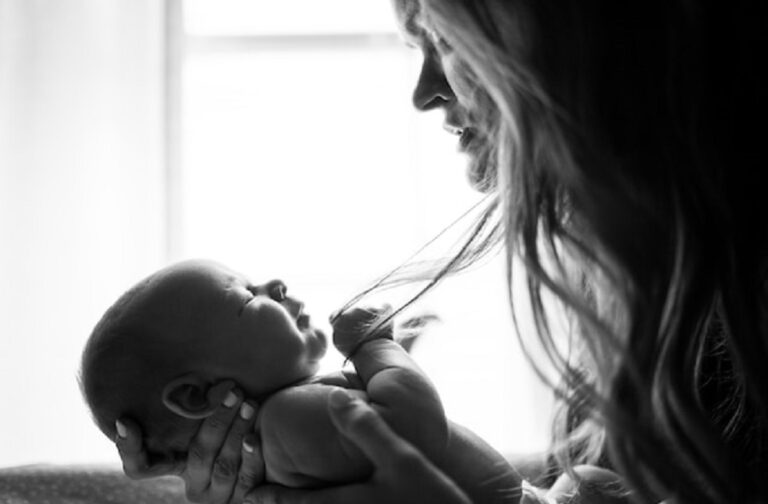Switzerland: A new study shows that every year, at least 40 million women are likely to experience a long-term health problem caused by childbirth.
The research, which was supported by the US Agency for International Development, the World Health Organisation, and the UN’s Special Programme on Human Reproduction, was published in a series of papers in the journals Lancet Global Health and eClinicalMedicine. It reveals that postnatal conditions, which last for months or even years after childbirth, are significantly more common.
These include pain during sexual intercourse (dyspareunia), affecting more than a third (35 percent) of postpartum women; low back pain (32 percent), anal incontinence (19 percent), urinary incontinence (8-31 percent), anxiety (9-24 percent), depression (11-17 percent), perineal pain (11 percent), fear of childbirth (tokophobia) (6-15 percent) and secondary infertility (11 percent).

“Many postpartum conditions cause considerable suffering in women’s daily life long after birth, both emotionally and physically, and yet they are largely underappreciated, underrecognized, and underreported,” stated Dr. Pascale Allotey, Director of Sexual and Reproductive Health and Research at WHO.
“Throughout their lives, and beyond motherhood, women need access to a range of services from health-care providers who listen to their concerns and meet their needs – so they not only survive childbirth but can enjoy good health and quality of life,” Dr. Allotey remarked.

Its opening paper states that, to reduce maternal deaths, a comprehensive strategy is required. This strategy should concentrate not only on the immediate biological causes of these deaths but also on the intricate interactions between larger social, economic, and environmental factors that have an impact on women’s health.
These elements include the surrounding economic situation, differences in racial and gender identities, nutrition, hygiene, environmental dangers, and exposure to violence and conflict. The paper argues that the failure of 121 out of 185 countries to significantly reduce maternal deaths over the past 20 years can be attributed to a failure to address such basic issues.

“Maternal health is not just something that we should start worrying about when the pregnancy bump appears,” said Mr. Joao Paulo Souza, Centre Director of the Latin American and Caribbean Center on Health Sciences Information (BIREME) for PAHO/WHO and one of the authors of the first paper.
“There are many factors that influence the likelihood a woman will have a healthy pregnancy, from the environment around her to the political and economic systems she lives in, to access to nutritious food and the level of agency she has over her life – all of these factors need to be addressed to improve her health, alongside access to high quality healthcare throughout life,” Mr. Souza added.



